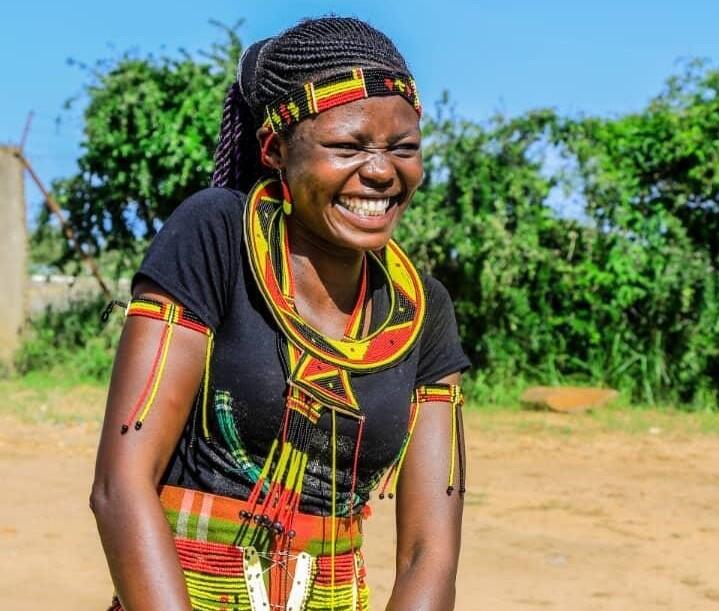KARAMOJA: “Our culture has remained static while the world around us evolves. We, therefore, need to unlearn and denounce negative practices like forced marriage, communal sleeping, wife inheritance and the belief that the woman is property. We need to learn new practices that will prevent the spread of HIV/AIDs,” said Mr. Uma Charles, Kotido District Chairperson.
Mr. Uma and several others shared similar sentiments during one of the Leadership Forums that run in seven districts across Karamoja region. These forums were held to provide a platform for dialogue between the district leaders, elders and young people on issues of Sexual Reproductive Health and HIV/AIDS prevention for and by young people in Karamoja.
These leadership forums were run under the Karamoja United Nations HIV Prevention Programme (KARUNA) that is aimed at reducing new infections among 10-24 year-olds in Karamoja by 2020. Launched in 2016, the programme was implemented in seven districts including Kotido, Abim, Napak, Kaboong, Moroto, Nakapiripirit and Amudat.
Over a decade ago, the prevalence in the region was significantly lower than the rest of Uganda standing at only 1.7% in 2000, according to the Uganda AIDS Indicator Survey (UAIS). However, this has changed very quickly. According to the 2017 Uganda Population-Based HIV Impact Assessment (UPHIA 2017), the prevalence of HIV in Karamoja has risen from 3.4% to 3.7% between 2011 and 2017.
Cultural values in Karamoja continue to hold steady. These beliefs and behaviour have a great influence on the spread of HIV/AIDS. Harmful practices include widow inheritance, forced child marriages, and courtship rape, avenues through which HIV can easily spread.
However, Karamoja’s wealth of cultural and traditional practices are also recognized for promoting positive lifestyles as highlighted during an interaction with Karamoja Elders Association (KEA) at the KARUNA Leadership Forums where they shared passionately on the good cultural practices that can combat the spread of HIV.
“I acknowledge that as a culture, we have practices and traditions that make our men and women vulnerable to HIV. However, there are also cultural factors we can utilize to influence the prevention of HIV/AIDS,” said Angella Adomi, a member of the Karamoja Elder’s Association (KEA).
“Karamoja had some good cultural practices like sitting at the fireplace where parents would sit with their children to advise and mentor them. We need to go back to this style of social dialogue to be able to groom our children. It is in safe spaces like this that we can have conversations on HIV/AIDS prevention freely and openly.”
She added that social dialogue has worked effectively while implementing the KARUNA programme: “It is at these gatherings that HIV/AIDs prevention information and tools are disseminated. From these discussions, we have also worked with the youth champions to organise debates which are also another avenue to share ideas and seek solutions.”
-Submitted by Reach a Hand Uganda


